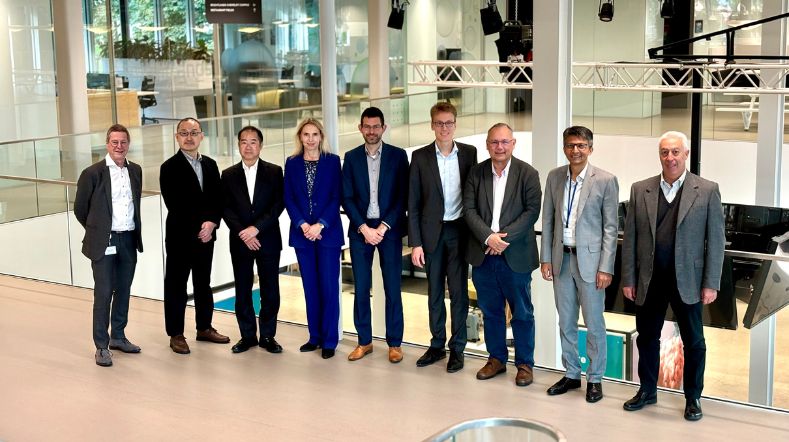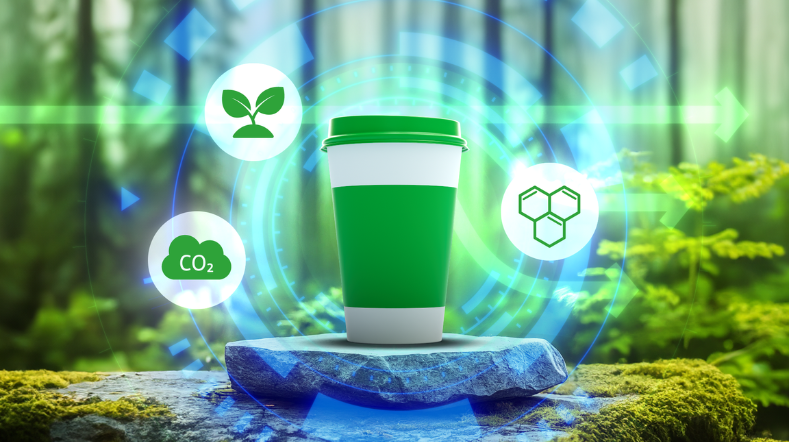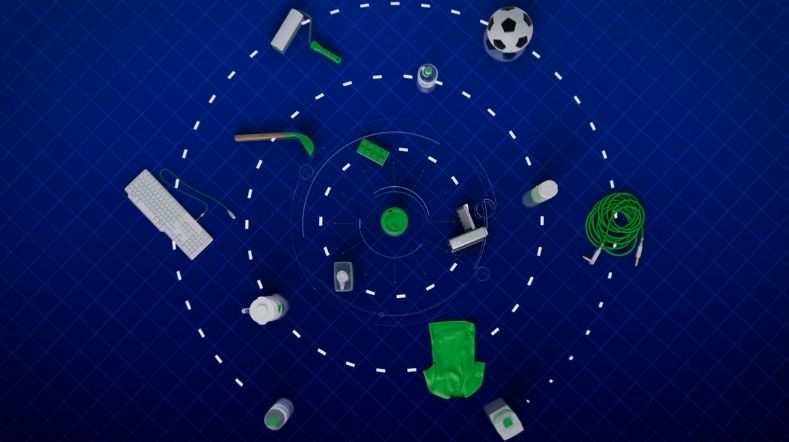
Polymer solutions
How can we make plastics more sustainable? Among other things, by guaranteeing a long service life. That is why we are researching the degradation and service life of plastic products. With innovative solutions, we gain insight into the possibilities of extending service life, reducing the need for raw materials, saving the user costs, and reducing the recycling frequency for companies.
Research methodology and project examples
We test degradation and durability by exposing polymers to accelerated ageing by means of high temperatures or UV light. Then we measure the changes in the properties. Based on this, we give an indication of the expected service life. Projects examples include our research into ProRail communication cables and the KWR Water Research Institute's plastic water pipes.
Material degradation during recycling
Material degradation can also occur during recycling processes. This may deteriorate the quality of the recycled material or cause the formation of chemical substances in the product. Certain chemicals negatively impact the service life of the recyclate (the end product of recycling). Understanding degradation mechanisms during recycling improves the quality and applicability of recycled polymers, for example, for new packaging applications. By also measuring the quality of the recyclate during recycling, we can better control recycling processes.
Microplastics
The topic of interest regarding degradation of plastics has shifted recently. First, we looked at service life issues, but now we are looking at the effect of degradation on our environment, for example, the formation of microplastics. It is becoming increasingly clear that this goes hand in hand with the degradation of plastics in the environment. With our research and innovations, we are contributing to a solution.
Comprehensive research
We look at the entire chain regarding these issues, from the degradation mechanism to impact on use and environment. We carry out accelerated ageing tests in our lab. We then measure the changing properties using various analysis techniques. For this, we use both mechanical and chemical tests.
Mechanical tests
With mechanical tests, we measure surface hardness. For example:
- tensile or torsional load
- impact strength
- indentation measurements
Want to know more?
Download our whitepaper 'Don't waste it! Tackle the dark side of plastics with urgency'.
Get inspired
Collaboration for sustainability: better results through joint innovation


Webinar: Biobased plastics in a sustainable future
Biobased plastics


The challenge of choosing between sustainable materials for textiles


23 questions about biobased plastics in a sustainable society



